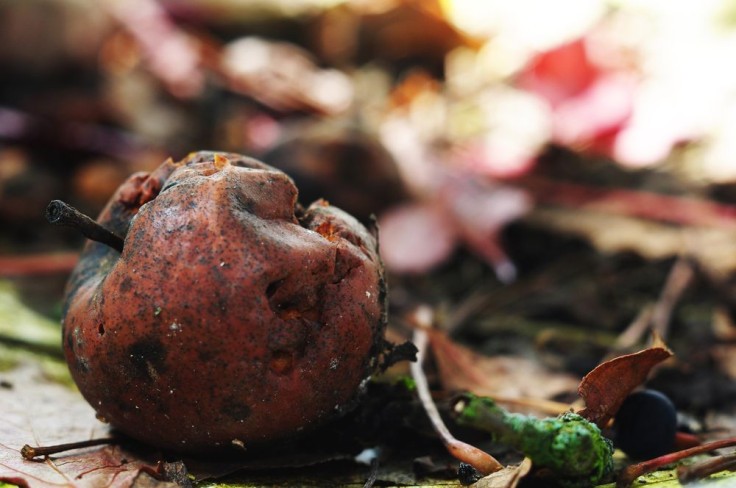Feeling Disgusted Leads To Bad Decisions; How Emotional Cues Influence Our Behavior

A new study from Rice University in Houston finds disgust can rule our bad decision-making.
“As an emotion, disgust is designed as a protection,” said Vikas Mittal, the J. Hugh Liedtke professor of marketing at Rice’s Jones Graduate School of Business, in a press release. “When people feel disgusted, they tend to remove themselves from a situation. The instinct is to protect oneself.” Mittal added that disgusted feelings inspire people to focus more on themselves and less on other people, the idea being, “I’m disgusted and more focused on myself and I need to lie a little bit to gain a small advantage, I’ll do that.”
So, in order to measure the true effect of this emotion, Mittal and his team designed three experiments to evoke disgust. The first experiment asked 600 men and women from around the United States to evaluate consumer products, such as diapers and cat litter; the second experiment asked participants to write an essay of their most disgusting memory; and the third experiment required participants to watch toilet scenes from the movie Trainspotting. Then, researchers conducted additional experiments to judge a participant’s willingness to lie and cheat for financial gain.
As expected, the underlying self-interest to get away from a certain situation prompted participants to lie and cheat more than those not feeling disgusted. Interestingly, this wasn’t the case when researchers had participants evaluate cleansing products, like disinfectants and body wash.
“At the basic level, if you have environments that are cleaner, if you have workplaces that are cleaner, people should be less likely to feel disgusted,” Mittal said. “If there is less likelihood to feel disgusted, there will be a lower likelihood that people need to be self-focused and there will be a higher likelihood for people to cooperate with each other.”
There are two important takeaways from Mittal’s research. One being that our emotions impact our capacity for good and bad decisions, whether we realize it or not. And the second being that people are only aware they’re disgusted once they’ve been asked; once they’re aware there’s something to feel disgusted about. It’s a small, significant trigger, but being mindful of it can help shift the focus to cleanliness. It's cleansing that decreases the impact of disgust on self-interested, unethical behavior.
Trouble gauging what disgusts you in the first place? Prior science has proven political affiliation to be a reliable indicator.
Source: Winterich KP, Mittal V, Morales AC. Protect thyself: How affective self-protection increases self-interested, unethical behavior. Organizational Behavior and Human Decision Processes, 2014.



























